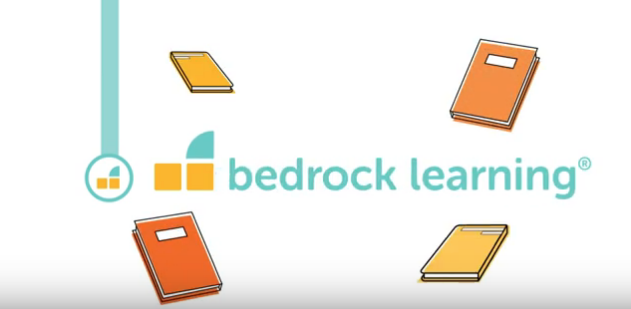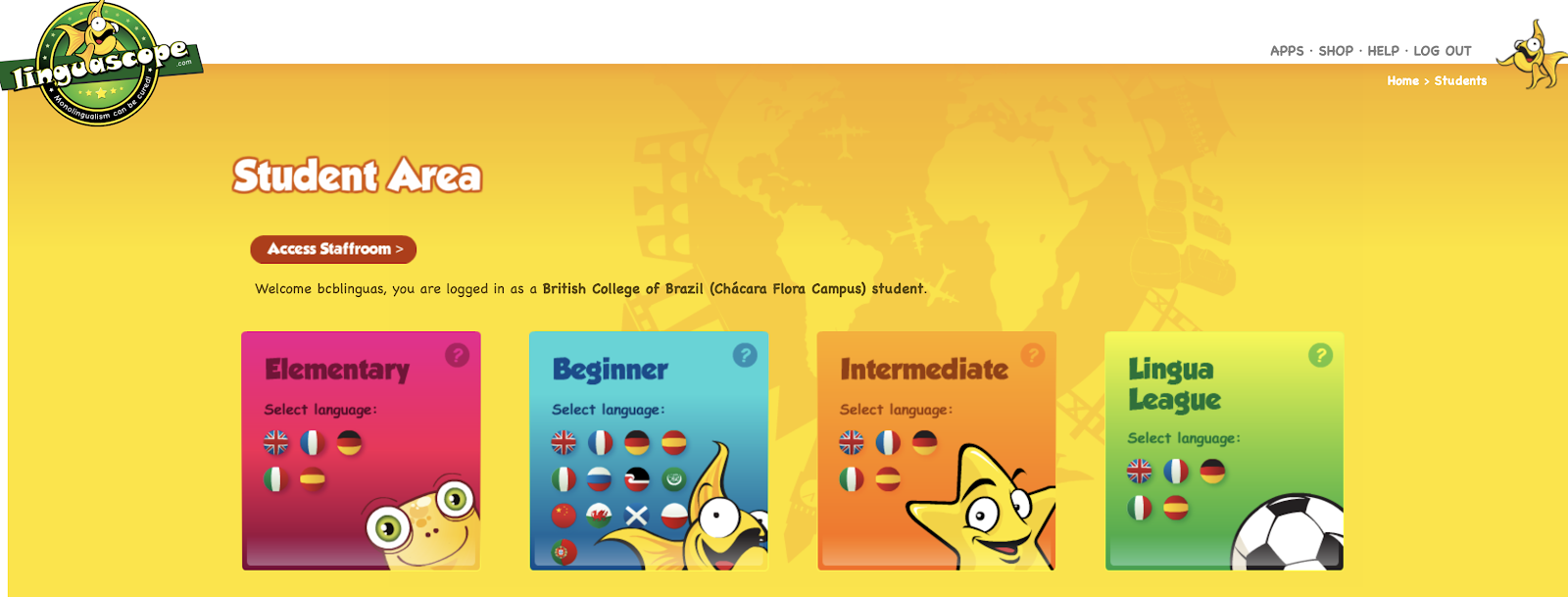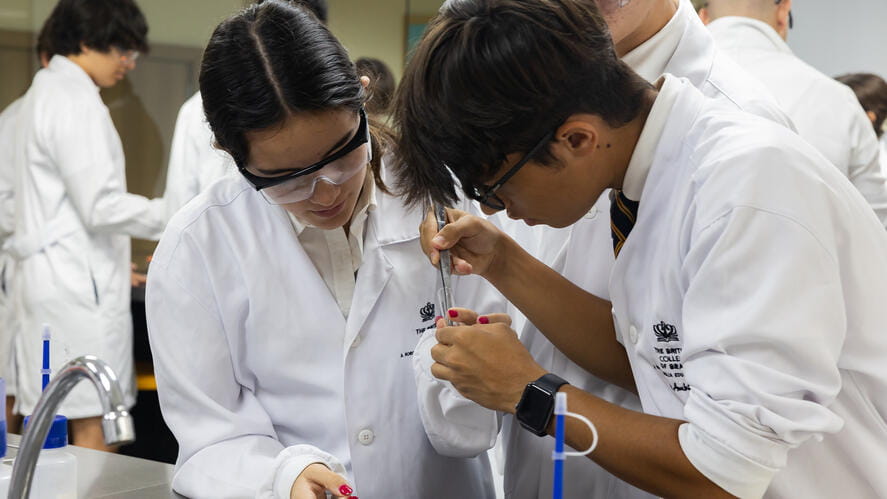The Challenge of Keeping Up With English Vocabulary.
In April of last year, the editors of the Oxford English Dictionary did something unusual.In April, and again in July, the dictionary’s editors released special updates, citing a need to document the impact of the COVID-19 pandemic on the English language. Some of the new inclusions were based on the language of quarantine; such as social-distance, shielding and self-isolate, others based on new social experiences such as elbow-bump (a safe way of greeting people), zoombombing (which is when strangers intrude on video conferences), doomscrolling (which happens when you skim anxiety-inducing pandemic-related stories on your smartphone) and more globally, my personal favourite, the German term “hamsterkauf” (literal translation ‘buying hamsters) as a way of describing panic buying. Whether such terms will be in common usage after the pandemic is anyone’s guess.
In April of last year, the editors of the Oxford English Dictionary did something unusual.In April, and again in July, the dictionary’s editors released special updates, citing a need to document the impact of the COVID-19 pandemic on the English language. Some of the new inclusions were based on the language of quarantine; such as social-distance, shielding and self-isolate, others based on new social experiences such as elbow-bump (a safe way of greeting people), zoombombing (which is when strangers intrude on video conferences), doomscrolling (which happens when you skim anxiety-inducing pandemic-related stories on your smartphone) and more globally, my personal favourite, the German term “hamsterkauf” (literal translation ‘buying hamsters) as a way of describing panic buying. Whether such terms will be in common usage after the pandemic is anyone’s guess.

These special, coronavirus-related updates give us a glimpse into how language can quickly change in the face of unprecedented social and economic disruption. Language is always in a constant state of flux as it grows and develops. Many things make learning English difficult and confusing. It’s grammar structure, it’s spelling, meanings and rules that contradict existing rules are difficult to master. Some of us teachers of a certain age were taught the rule, ”i” before “e” except after “c” so you write ‘believe’ or ‘relieve’ but write ‘receipt’ differently. You spell ‘seize’ or ‘ weird’ with “e” before ”i” yet’ science’ is spelled with ”i” after ”c” which just adds to the belief that languages make no sense.

Students are often encouraged to learn synonyms of words, in order to boost their vocabulary, but again there are exceptions, as not all synonyms are interchangeable. It is right to say, ”watch or see a film” or ”watch TV” but you should never say, ”see television” as the phrase does not sound right. To make it more complicated, you are not called a ”watcher” when you watch TV or a movie, but rather a ”viewer” but the latter’s use is altogether different. You cannot say view television but you can say television viewer. Synonyms of the word elegant include graceful, chic, refined and classic. While you can say that a swan’s or a ballerina’s neck is elegant or graceful, you cannot associate chic or classic to a swan’s neck because those two terms are associated with fashion.
The question then arises: “How can English language learners (and learners in general) keep up with these changes?” Luckily, there are some relatively simple activities that you can do at school and at home that are beneficial to both students and parents.
You’ll find exposure to new words primarily through reading. Whilst reading you’ll naturally pick up new words and phrases and will, more often than not, come across vocabulary that you don’t understand. When this happens make an effort to write down these new words and look them up later to find out their meaning. You should read anything that you find interesting; this could be classic literature, text books, or even magazines, just pick something that you enjoy so it won’t be a chore. Rather worryingly, it appears that reading for pleasure falls after leaving primary school, and so now is the time to reverse this trend.
Explore the Latin and Greek roots of words to better understand their meanings. Many English words come from ancient Greek and Latin, and their prefixes, roots, and suffixes all give us clues as to their meaning. We use an amazing resource called Bedrock in school. This helps to develop not only the awareness of singular words, but also the roots and derivatives of the word. It is one of my favourite interactions with a student based on this. We were reviewing sport vocabulary and a student raised their hand and asked, “Is Paraympics related to parallelogram?”, which led students to learn that the ‘para-’ in Paralympics is not related to paralysis but is in fact related to parallel.

Online dictionaries like OED, feature a Word of the Day every day on their website. It is possible to have these words emailed to you or there are dedicated apps that provide the same service. This can be a good way to ensure you learn even just a small amount of vocabulary regularly. It is also important to set an achievable goal in terms of learning new words. 10-20 a day is achievable, 50 a day is unlikely to be possible.
There are many different word games around that can help you to learn some new vocabulary. Board games like Scrabble and Boggle, crossword puzzles and apps like Words With Friends are all great ways to explore new words and have fun at the same time. Learning new vocabulary doesn’t have to be a chore! In school we have the fantastic language platform, Linguascope, which has a great variety of activities and games of a wide range of subjects.








